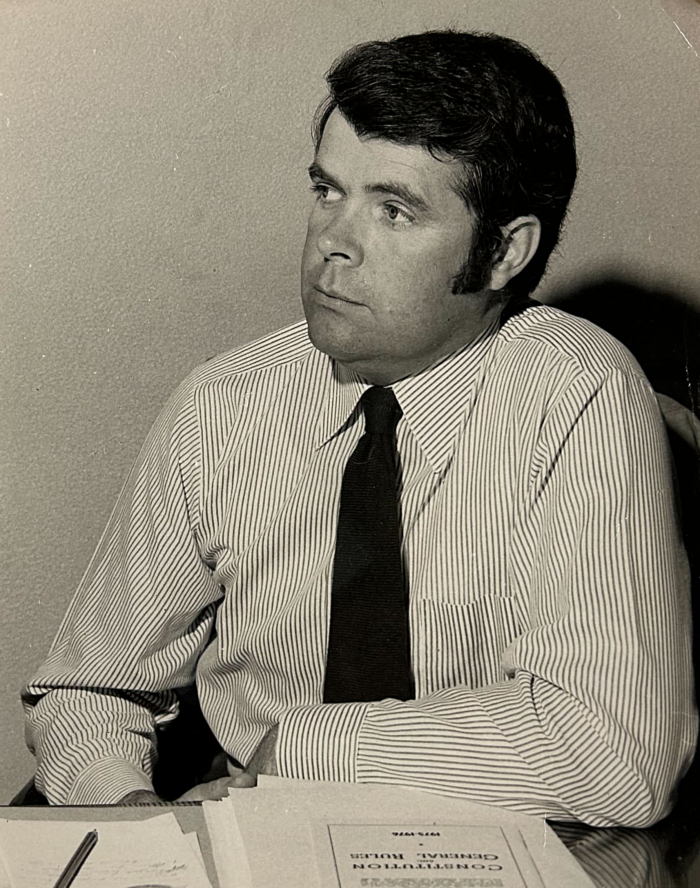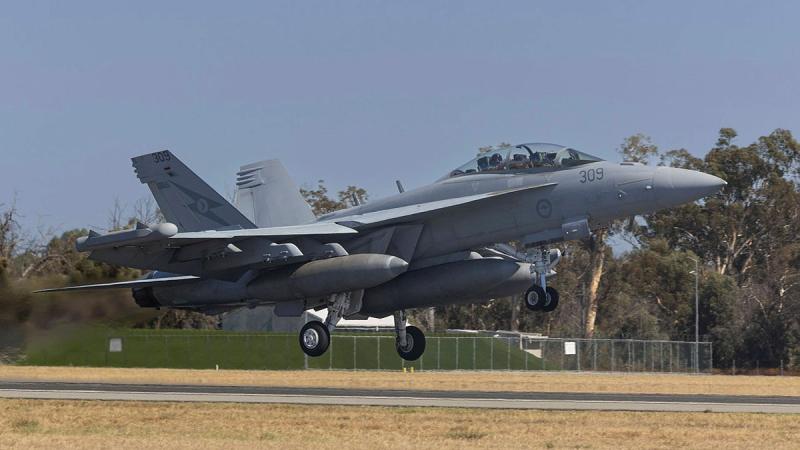With eyes burning and tears rolling down their cheeks, staff cadets emerged one by one from the chemical, biological, radiological and nuclear (CBRN) training facility in Canberra equipped with a new set of skills to take them from field to frontline.
Six months into their 18-month training program at the Royal Military College – Duntroon (RMC-D), the cadets are training to respond to, defend against and prevent CBRN attacks in military and civilian environments.
In a simulated contaminated environment, cadets conducted a canister exchange, carried out decontamination drills and endured exposure to a CS gas (or tear gas) ‘threat’ in order to gain their qualification.
Stumbling blurry-eyed out of the facility, cadets leaned into the wind to laugh off the pain before lining up with quiet confidence for round two.
Staff Cadet Nick Gerraty said developing confidence in the equipment and the training itself is vital.
“All Defence members have to be able to deal with these sorts of threats on the battlefield, to be able to keep our people safe and make sure that everybody is qualified and competent to use the equipment,” Staff Cadet Gerraty said.
“This training gives us the confidence that the equipment does actually work and gives us a bit of exposure.”
Feeling the effects, it was clear the training was not just about trusting and testing the equipment, but relying heavily on one another to check the equipment and efficiently carry out life-saving drills with composure, trust and teamwork.
Staff Cadet Adrian Jenkins said leadership and teamwork in demanding and unfamiliar training environments is important.
“This training provides us with an chance to improve our strengths as a team. We get the opportunity to check each other’s equipment, which provides that mental and emotional resilience in uncertain times,” Staff Cadet Jenkins said.
“Our training at RMC consists of not only how to lead a team, but how to be a good team member first, and how to successfully contribute to your team,” he said.
Under the watchful eye of Leidos Australia instructor Stephen Purcival, the cadets learnt how to identify threats and respond under pressure.
“It really provides them with an insight to the different capabilities that they’re required to manage and understand and apply that knowledge to a situation,” Mr Purcival said.
“We impart experiences and confidence in that equipment so they can then apply that to their planning and hopefully be successful in their mission.”






